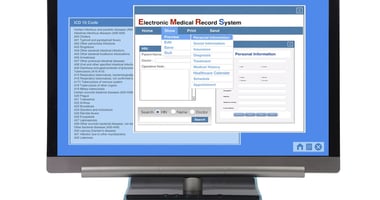The extensive databases in Denmark, Sweden, and Finland have long been mined by researchers looking...
Heavy Alcohol Use Associated With Higher Risk for Suicide
 |
Julie E. Richards, Ph.D., M.P.H., of the Kaiser Permanente Washington Health Research Institute and colleagues analyzed data from the electronic health records of more than 44,000 adults who had outpatient visits to a mental health professional between January 2010 and June 2015. All patients had received the Alcohol Use Disorders Identification Test-Consumption (AUDIT-C), which revealed their past-year level of alcohol consumption (how often they drank per week, and how many drinks they had when they drank). It also revealed their frequency of heavy drinking, defined as six or more drinks on one occasion, with response options of never, less than monthly, monthly, weekly, and daily or almost daily. The researchers then looked at the number of suicide attempts within 90 days of the visit in which the patients completed the AUDIT-C.
Of 59,382 patient visits, 371 were followed by a suicide attempt within 90 days. Patients who reported high-level alcohol use (based on average alcohol consumption per week) were 1.77 times more likely to attempt suicide than those who reported low-level alcohol use. Patients who reported daily or almost daily heavy drinking were 2.33 times more likely to attempt suicide than those who reported no heavy drinking.
“[T]he AUDIT-C can serve as a screening measure that might enhance health care organization practices to systematically [identify] suicide risk,” Richards and colleagues wrote. “Future research should examine the effects of integrating routine alcohol use screening and follow-up care … into care pathways designed to provide high-quality care for patients at risk of suicide, which some have argued is often a ‘missed opportunity’ in suicide prevention.”
For related information, see the American Journal of Psychiatry article “Predicting Suicide Attempts and Suicide Deaths Following Outpatient Visits Using Electronic Health Records” and the Psychiatric Services article “Heavy Alcohol Use Among Suicide Decedents: Differences in Risk Across Racial-Ethnic Groups.”
(Image: iStock/Savushkin)
Follow Psychiatric News on Twitter!
And check out the new Psychiatric News Brief on Alexa-enabled devices.
And check out the new Psychiatric News Brief on Alexa-enabled devices.





